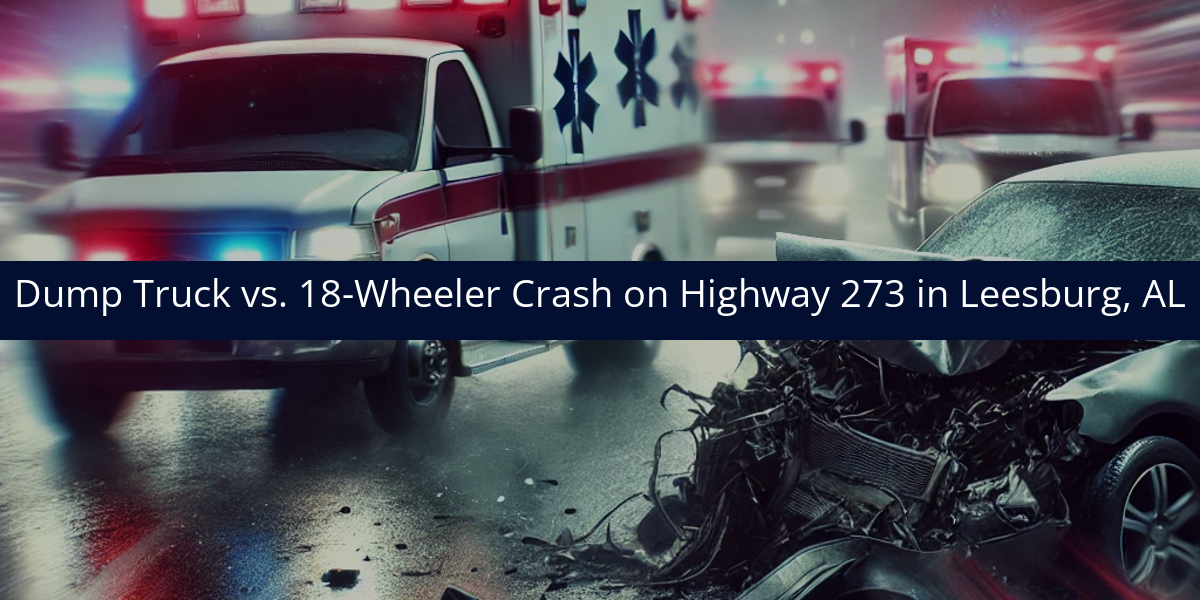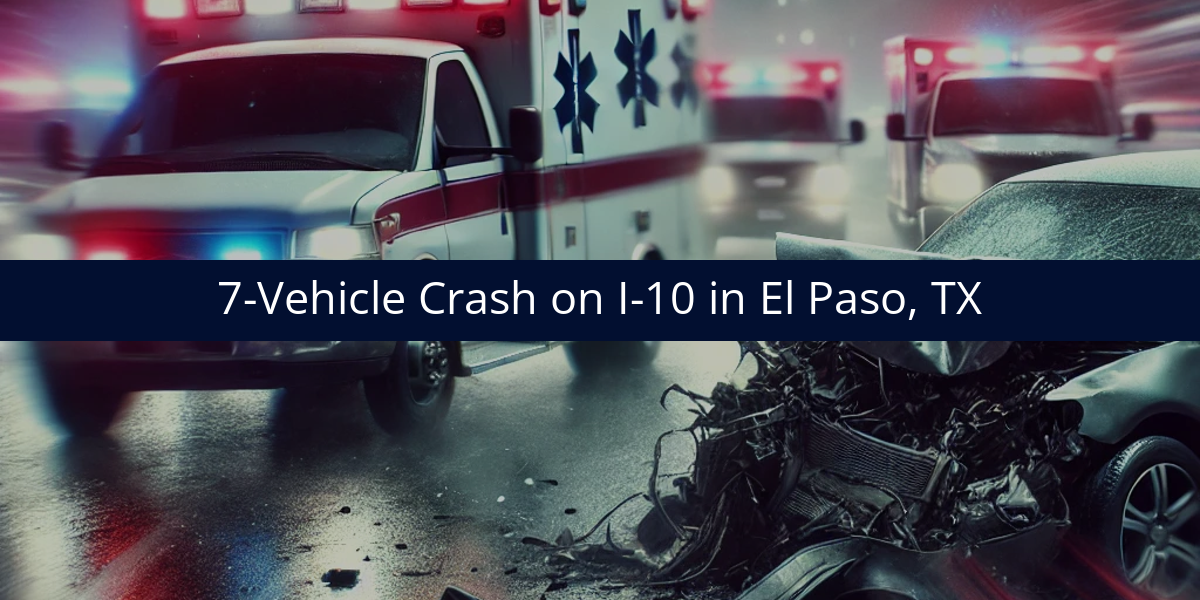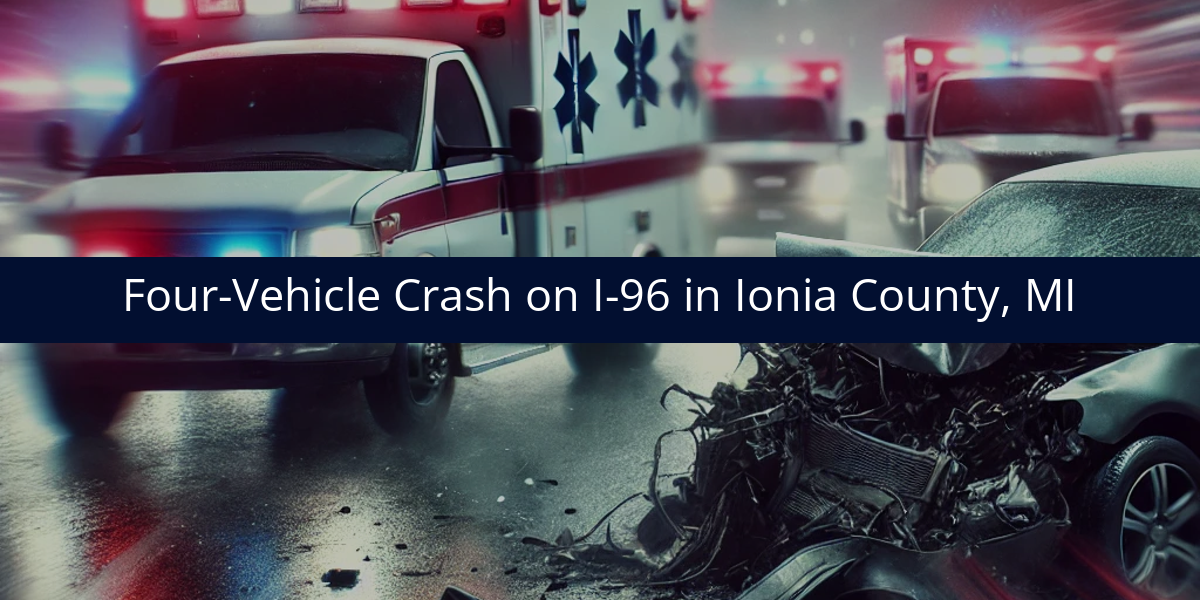Truck driver medical episodes should be incredibly uncommon because they’re required as part of their job to pass a physical every 1-2 years to stay on the road. Despite this requirement, a truck driver causing a crash because of a medical episode is not nearly as rare as it should be.
When these accidents result in a lawsuit you can be certain that the truck driver’s DOT-mandated physical will be a major source of dispute. In this article we’ll discuss how both sides use DOT-mandated physicals to their advantage, with a particular focus on “How does a victim’s attorney use DOT physicals in a truck accident injury lawsuit?”
ANSWER: Attorneys use DOT physicals to accomplish 2 things: One, to rebut trucking company arguments that a medical incident that caused an accident was unforeseeable; two, to show that the trucking company knowingly put a medically unfit person behind the wheel of a truck.
The Rule
“A person…must not operate a commercial motor vehicle unless he or she is medically certified as physically qualified to do so.”
49 CFR § 391.41
“The following persons must be medically examined and certified as physically qualified to operate a commercial motor vehicle:
(b) Any driver who has not been medically examined and certified as qualified to operate a commercial motor vehicle during the preceding 24 months”
49 CFR § 391.45
What Do Trucking Companies Do if Their Unfit Drivers Cause Crashes?
Truckers owe a duty to the public not to hit the road if they aren’t healthy enough to do so safely. Since some breach that duty and then crash because of their health problems, their employers will often try to excuse what happened by saying it was completely out of the blue—a defense known as sudden emergency. They argue that if the driver’s episode couldn’t have been foreseen then it couldn’t have been prevented, and they shouldn’t be held responsible for a total surprise.
How Do Victims’ Attorneys Respond?
It’s possible for someone to have a debilitating medical problem for the first time ever while driving an 18-wheeler, but the odds are vanishingly small. So why would a driver claim one was behind their crash? Let’s consider a couple of possible scenarios.
Example 1: Roger is driving a semi-truck on a highway when he takes his eyes off the road to change the radio station. His truck drifts out of its lane and crashes into a nearby car, injuring Steve. Roger doesn’t want to admit he goofed, so instead he tells officers at the scene that he lost control due to a medical episode. Steve takes the matter to court and Roger’s employer uses the sudden emergency defense, arguing that his unavoidable and unpredictable medical problem made him hit that car. According to the law, if truly nothing could have been done neither he nor the company would be at fault.
We as Steve's attorneys don’t buy it. Through discovery we get Roger’s medical records (including his DOT physical results) and find no sign of anything that could cause a medical emergency, nor any suggestion that Roger went to a doctor for it afterward. With no evidence to support the claim of a “sudden emergency” the judge throws it out, and we ultimately prove Steve’s injuries were due to Roger’s carelessness.
Example 2: Much as Roger did in the first example, William is driving an 18-wheeler on the highway. However, William really does suffer a medical emergency that makes him swerve off-course and hit Martha's pickup. The medical condition causing his loss of control may absolve William of some blame for Martha's injuries in the collision, but the question is really whether or not that emergency could have been foreseen and the resulting crash prevented.
Again, careful research and discovery of evidence are critical to answering that. While investigating on Martha’s behalf we learn that William’s condition was repeatedly flagged by physicians, but his company ignored the warning signs so they could keep their driver on the road. Since the company knew or should have known William was something of a ticking time bomb at the wheel, their failure to take him off his route would mean they’re liable for the damage he caused.
In either situation we see that reviewing the at-fault driver’s medical history is crucial in really understanding what happened. Seeing what doctors had to say on his last few physical exams and how seriously his employer took any red flags is an important part of proving their liability and helping the people they hurt.
The Burden is on Victims to Show What REALLY Caused Their Accident
Not every truck accident hinges on what medical records reveal, but they’re one of many sources of information often needed to learn the whole story. Gathering all the necessary evidence to prove not only who was at fault but also why can be daunting, but experienced truck accident attorneys can help. If you or a loved one were injured in a crash with a tractor-trailer, call Grossman Law any time for a free consultation.













